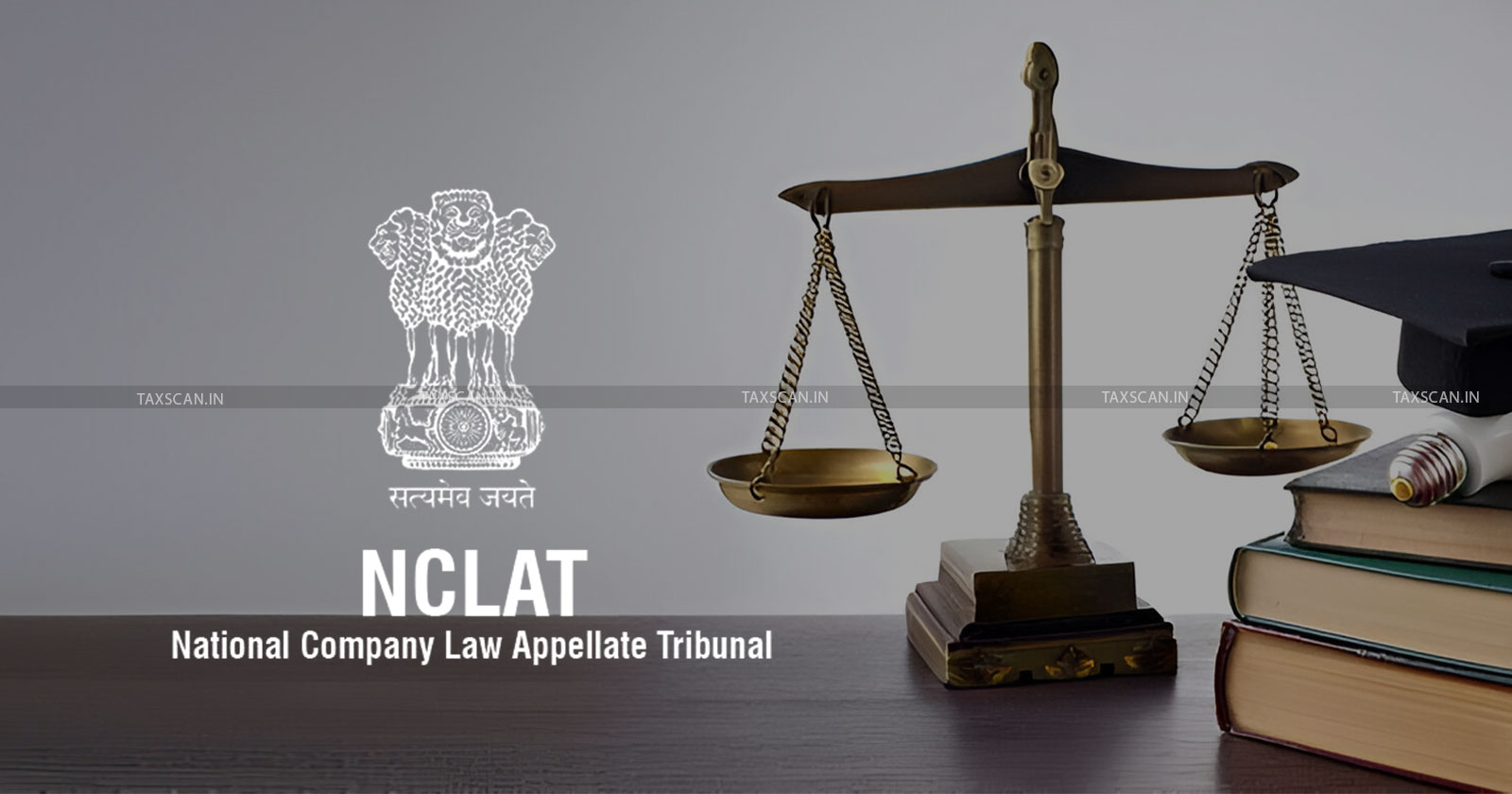NCLAT directs Revival of Company Petition after Appellant was Deprived of Remedies under Article 21 of Constitution [Read Order]
The bench viewed that Article 21 of the Constitution of India safeguards the right to judicial remedies, which includes the right to pursue legal remedies before competent courts for the redressal of grievances

NCLAT Directs Revival Of Company Petition – Company Petition – NCLAT – taxsacn
NCLAT Directs Revival Of Company Petition – Company Petition – NCLAT – taxsacn
The Chennai bench of the National Company Law Appellate Tribunal ( NCLAT ) directed the revival of company petition after appellant was deprived of remedies under article 21 of the Indian Constitution. The bench viewed that Article 21 of the Constitution of India safeguards the right to judicial remedies, which includes the right to pursue legal remedies before competent courts for the redressal of grievances.
According to reports, in 1987, the appellant's father, the late Shri. Iqbal Singh Bhathal, bought 100 equity shares of MRF Limited in the names of the appellant, Tejinder Singh Bhathal, and the appellant's mother, the late Smt. Satwant Kaur Bhathal, for a face value of Rs. 10/-each. The appellant, Mr. Tajinder Singh Bhathal, was unaware of the aforementioned investment until October 16, 2018. Upon getting the information, the Appellant had written to the Respondent, MRF Limited, for issuing of Duplicate Share Certificates.
The original share certificates that the appellant claimed to have lost are available and in the possession of M/s. Fair Growth Investments Limited in Mumbai, the respondent stated in the reply. The transfer deed and the necessary corrections must be made. The appellant reported the loss or theft of the aforementioned 100 shares to the Pune, Maharashtra, Crime Branch.
The Future of Tax and Finance: Upskill with Us
Mr. K. Munivenkata Reddy (R-2) objected, claiming ownership of the shares, when the appellant asked to have his mother's name removed from the certificates. In order to get a remedy in the form of a title over the 100 equity shares of MRF that the appellant and his late mother jointly owned, R2 filed a civil complaint under O.S. No. 7586/2019. According to Section 430 of the Companies Act, the aforementioned suit could not be maintained.
In RCS 123/2020, the appellant also filed a second civil complaint in Pune's Civil Court Senior Division, asserting ownership of the 100 equity shares. The appellant filed Company Petition No.106 (CHE)/3/2021 under Section 59 of the Companies Act while the aforementioned matter was pending in Pune.
Due to the appellant's concurrent pursuit of remedies, the NCLT denied the company's petition. The panel observed that it was improper for the appellant to pursue parallel remedies (a civil suit and a company petition) at the same time. The appellant agreed that the civil complaint before the Civil Judge, Senior Division, Pune will be withdrawn during the CP's pendency, thus the Section 59 proceedings should be determined on the basis of merit. The NCLT dismissed the company petition on 10.08.2022 as the Appellant was pursuing both the company petition and the civil suit simultaneously, despite having undertaken to withdraw the civil suit.
The appellant argued that although they had formally agreed to withdraw the civil suit and had sent a memo to the Civil Court in that regard, no orders had been issued regarding it. According to his argument, the suit was only dismissed as withdrawn on August 13, 2022, following the issuance of the contested order on August 10, 2022. Because the civil suit was later dismissed, the embargo imposed by Section 430 of the Companies Act was lifted. As a result, the procedures that were started by a company petition under Section 59 of the Companies Act should have been considered on their merits.
The two member bench of Justice Sharad Kumar Sharma (Judicial Member) and Jatindranath Swain (Technical Member) viewed that the Appellant ought to be permitted to resort to the process of redressal of his grievances permissible by way of a preferring of the company petition under Section 59 of the Companies Act.
While allowing the appeal, the Tribunal quashed the impugned order dismissing the company petition, and the company petition proceedings are revived back to be decided on merits. Further directed, the Appellant has been directed to pay Rs. 5000/- each to the three respondents as compensation for unnecessary litigation due to procedural discrepancies. Upon payment of the compensation, the company petition No. 106(CHE)/2021 would be revived and decided on merits.
To Read the full text of the Order CLICK HERE
Support our journalism by subscribing to Taxscan premium. Follow us on Telegram for quick updates


